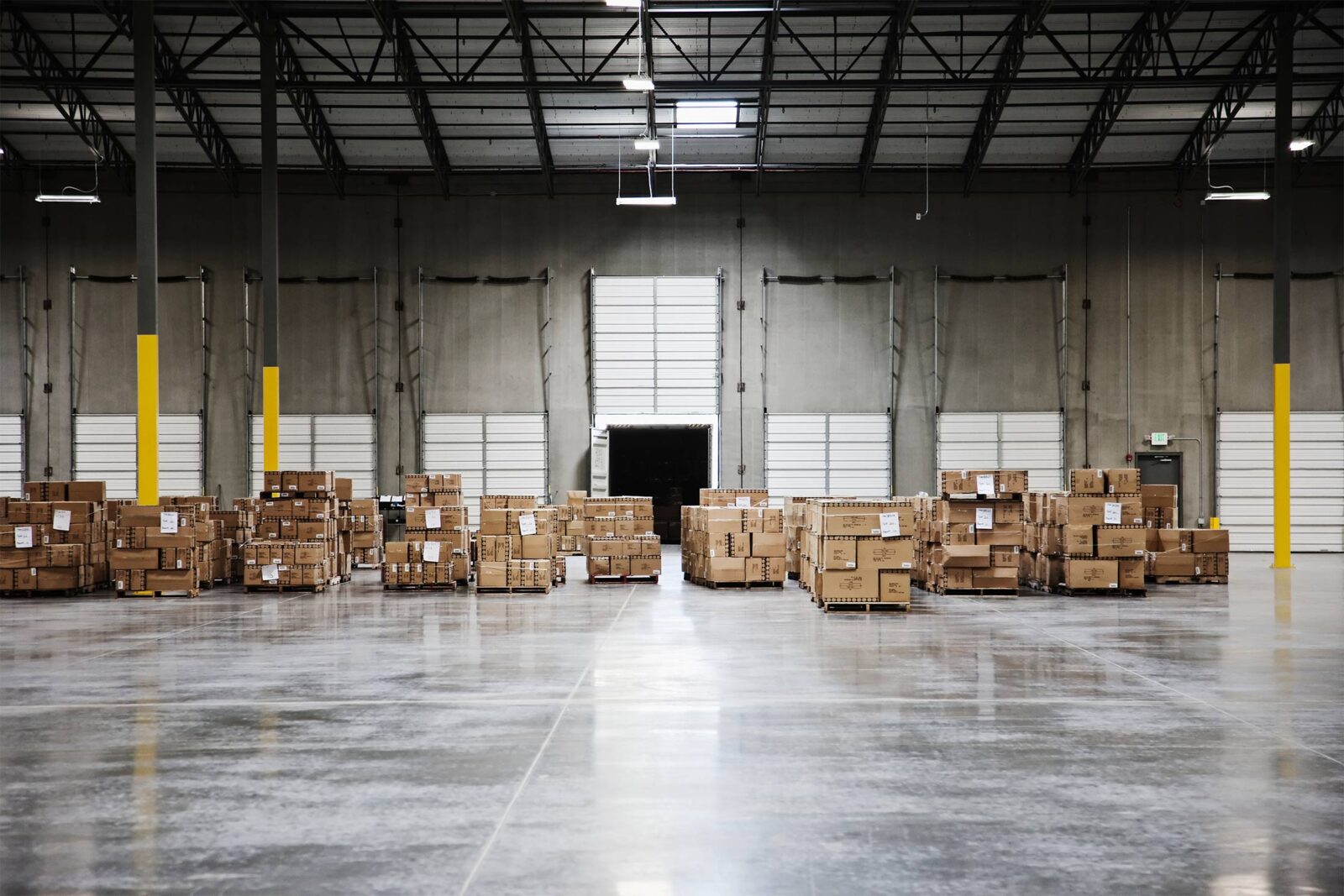FactORy on Demand, (FORD)

The FORD project aims at developing a framework for creating/re-configuring production systems on demand, and on the fly, based on the production requirements of the new products that will be produced on these systems.
The key enabling idea is to treat production systems as services and ensure that the supporting technologies offer the possibility of re-allocating human and technical resources dynamically on demand. As such, production systems become lively entities where change becomes part of the normal operations, enabling companies to tackle volatile business opportunities or otherwise handle production disturbances.
At the same time, companies can balance their costs and take informed strategic production decisions regarding about which production resources to engage in-house and which to outsource and what would be the adequate periods for both.
Such framework entails three main technical components:
- A master industry bus and application framework that enables fast and fully modular adaptation of the production systems over time (LiU);
- A cloud service for fully automated mass customization workflows that enables handling of unique drawings for each product in the production system (SkyMaker);
- A visual quality assurance system that handles mass customization workflows with rapidly changing objects to inspect (SICK IVP).
The FORD project will systematically address these different dimensions by firstly establishing the baseline of functional requirements that need to be considered for developing and implementing such systems. The project will then proceed with the development of a compatible reference global system architecture. Finally, the project will develop a mock-up prototype to assert the realism and scalability of the proposed concepts.
These three different steps produce results at distinct stages:
- The requirements baseline can be used by companies to inform their own development strategies;
- The reference architecture will provide companies with a matured guiding model that goes beyond establishing the baseline and approaches development;
- The mock-up prototype makes the concepts and potential technologic aggregation more tangible.
The main expected effect is to give companies the framework to understand the advantages of considering the production chain from a more dynamic perspective. This is of paramount importance since, with the global efforts in digitalization, the adding value properties that justify producing in high wage countries will progressively disappear as a competitive edge.
The project will develop along 8 months. The requirements engineering and development of use cases will be developed from month 1 to month 3. The development of the reference architecture will occur from month 2 to month 5. The mock-up prototype will be developed between month 4 and the end of the project. These activities will generate two written deliverables summarizing the results from the first two activities. The mock-up prototype will be developed and hosted at SICK IVP headquarters.
Project leader
Luis Ribeiro
[email protected]
Participating organisations
→ Linköpings Universitet (LiU)
→ SICK IVP
→ SkyMaker

